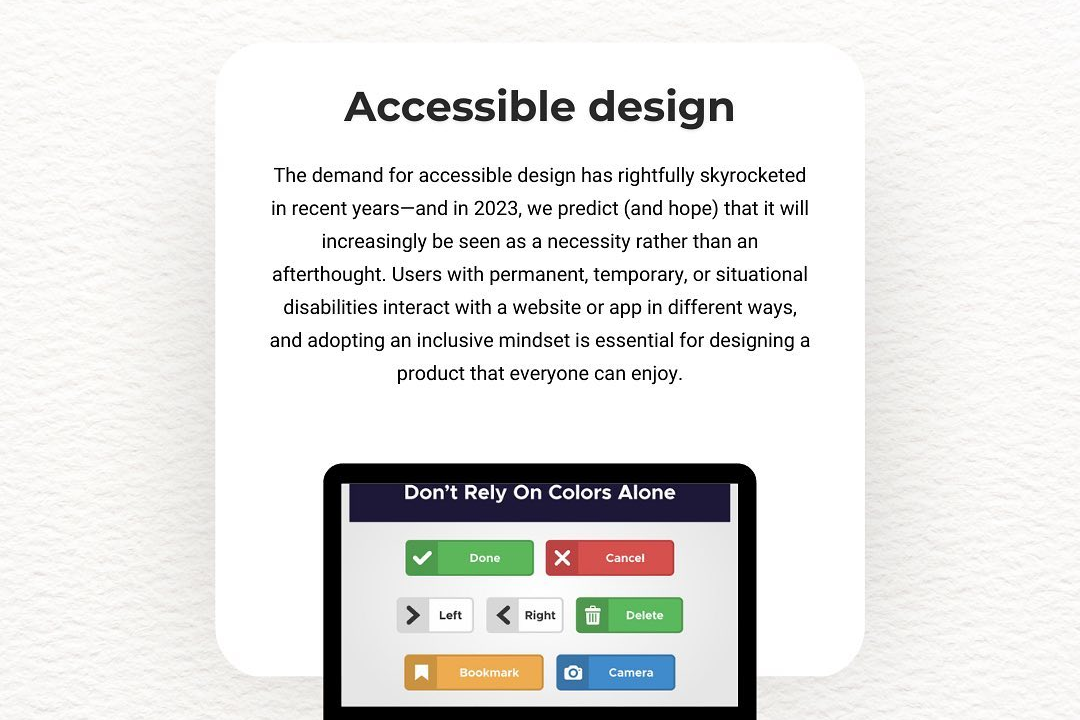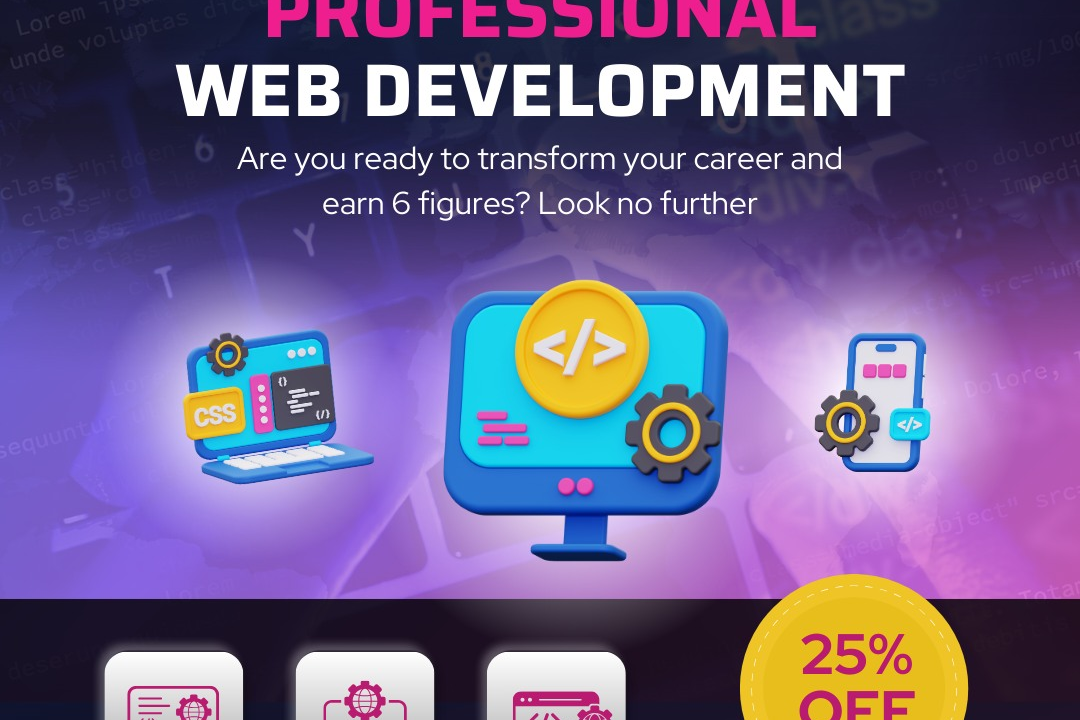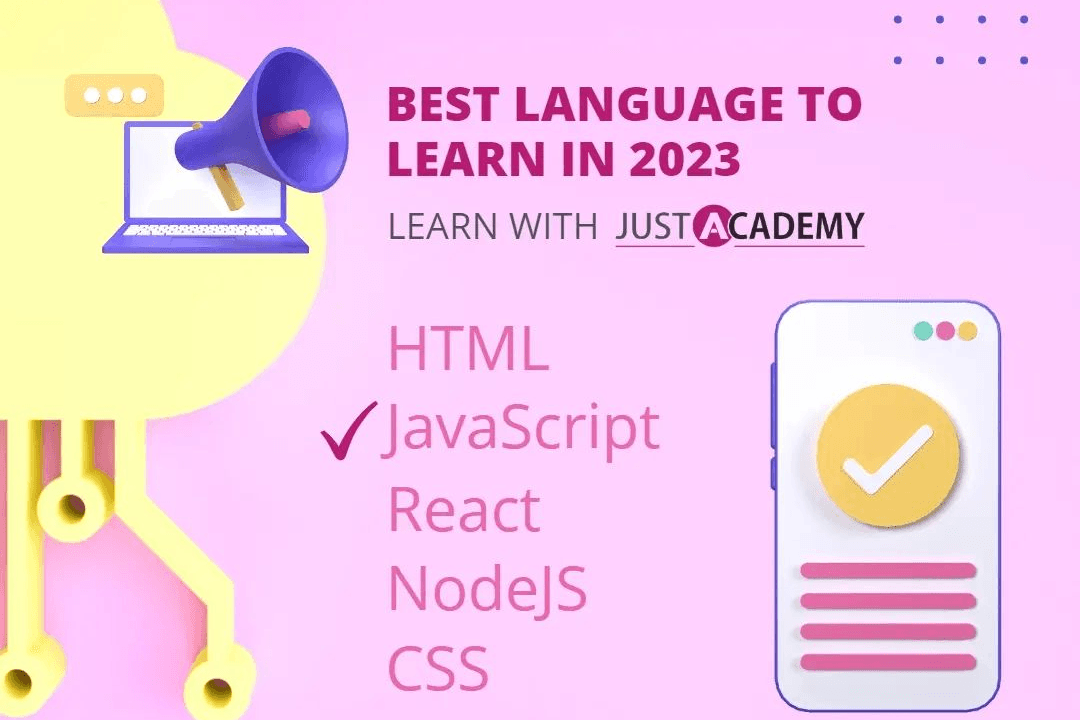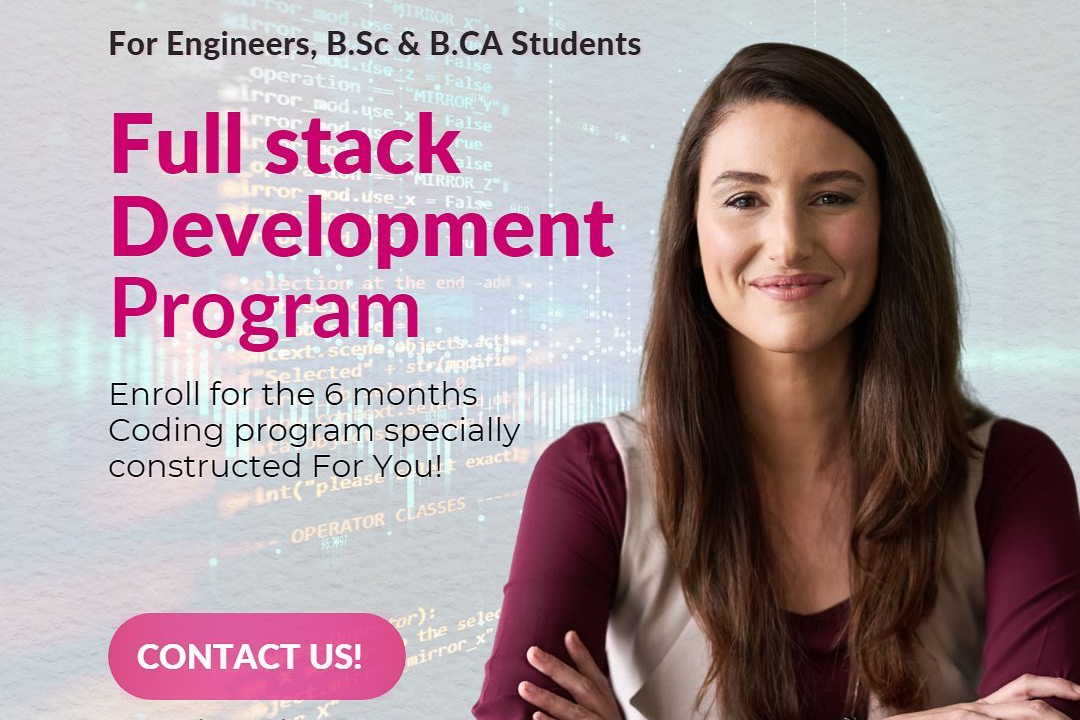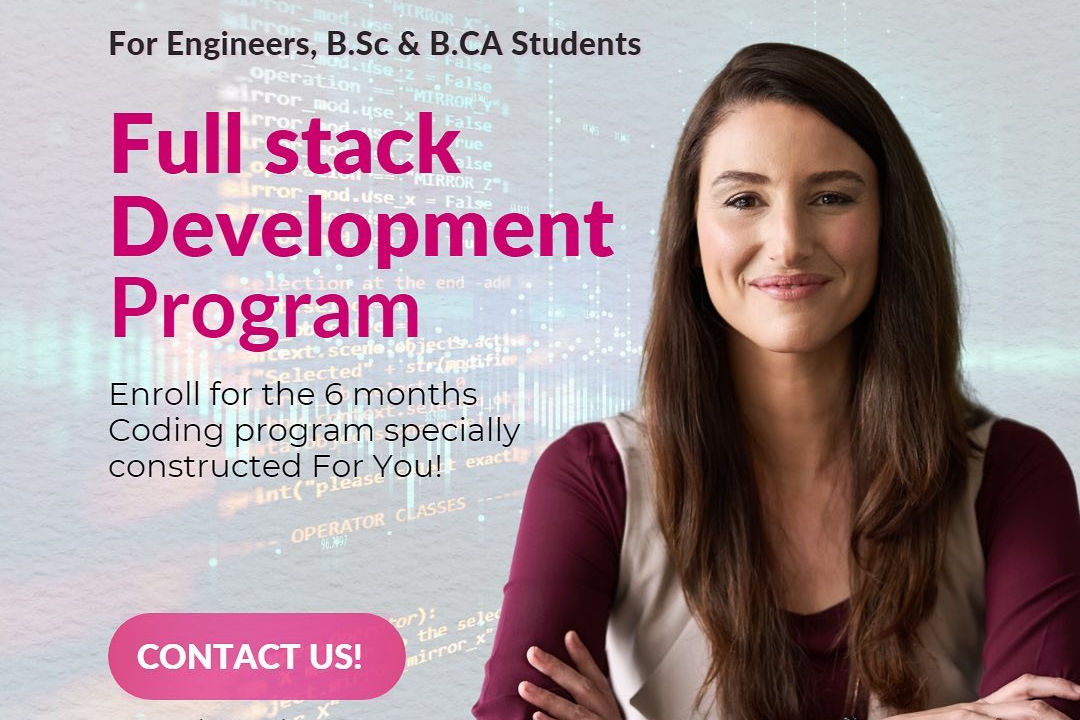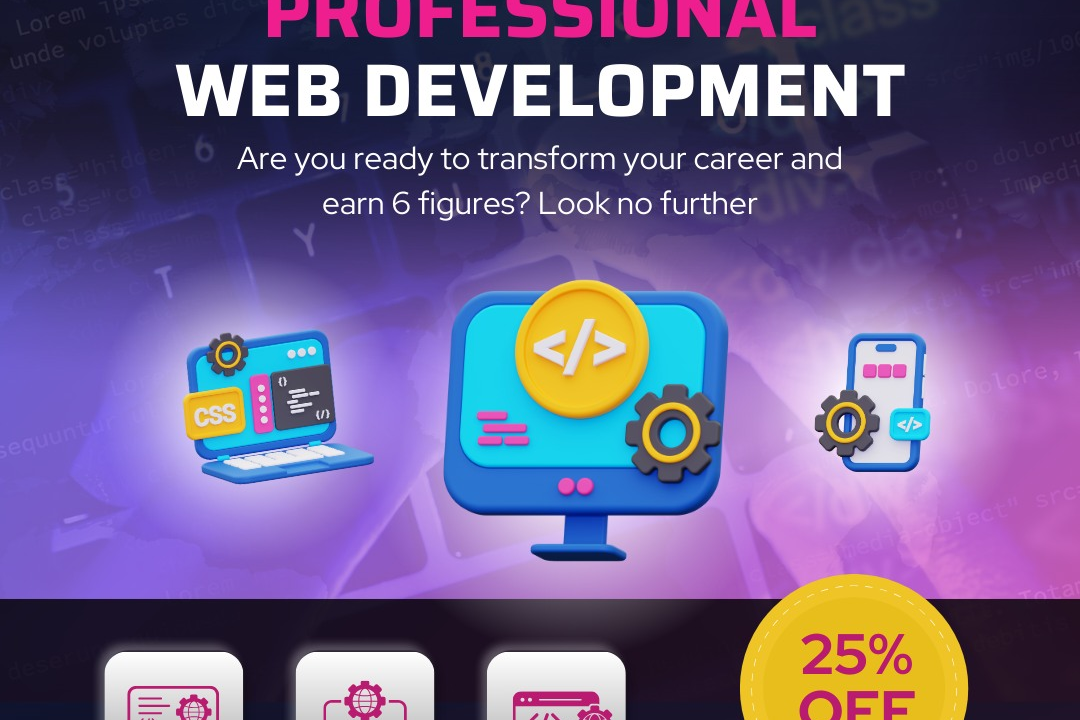custom PHP programming
Custom PHP programming involves the development of web applications using PHP tailored to meet speci
custom PHP programming
Custom PHP programming is essential for businesses looking to create tailored web applications that address specific challenges and user needs. By utilizing PHP, one of the most widely used server-side scripting languages, developers can build dynamic and interactive websites that offer unique functionalities not available in off-the-shelf solutions. This customization enables organizations to enhance user experiences, optimize workflows, and integrate seamlessly with existing systems. Additionally, custom PHP applications are scalable and adaptable, allowing businesses to evolve their digital presence in line with changing market demands and technology advancements.
To Download Our Brochure: https://www.justacademy.co/download-brochure-for-free
Message us for more information: +91 9987184296
Custom PHP programming is essential for businesses looking to create tailored web applications that address specific challenges and user needs. By utilizing PHP, one of the most widely used server side scripting languages, developers can build dynamic and interactive websites that offer unique functionalities not available in off the shelf solutions. This customization enables organizations to enhance user experiences, optimize workflows, and integrate seamlessly with existing systems. Additionally, custom PHP applications are scalable and adaptable, allowing businesses to evolve their digital presence in line with changing market demands and technology advancements.
Course Overview
The “Custom PHP Programming” course at JustAcademy is designed to equip learners with the skills necessary to develop tailored web applications using PHP, one of the most popular server-side scripting languages. Participants will explore fundamental to advanced PHP concepts, including object-oriented programming, database integration, and security practices. Through hands-on projects, students will gain practical experience in creating dynamic, scalable, and efficient applications that meet specific user requirements. This course emphasizes real-time problem-solving and best coding practices, ensuring that learners can effectively manage and implement custom solutions in diverse business environments. By the end of the course, students will possess the expertise to deliver robust web applications that enhance user engagement and streamline operations.
Course Description
The “Custom PHP Programming” course at JustAcademy offers a comprehensive exploration of PHP, empowering students to create dynamic web applications tailored to specific user needs. Covering essential topics such as object-oriented programming, database interaction, and security measures, this course emphasizes hands-on experience through real-time projects. Participants will learn to implement best practices and develop customized solutions, equipping them with the skills required to tackle complex programming challenges in a professional environment. By the end of the course, students will be adept at delivering robust, scalable applications that enhance functionality and user experience.
Key Features
1 - Comprehensive Tool Coverage: Provides hands-on training with a range of industry-standard testing tools, including Selenium, JIRA, LoadRunner, and TestRail.
2) Practical Exercises: Features real-world exercises and case studies to apply tools in various testing scenarios.
3) Interactive Learning: Includes interactive sessions with industry experts for personalized feedback and guidance.
4) Detailed Tutorials: Offers extensive tutorials and documentation on tool functionalities and best practices.
5) Advanced Techniques: Covers both fundamental and advanced techniques for using testing tools effectively.
6) Data Visualization: Integrates tools for visualizing test metrics and results, enhancing data interpretation and decision-making.
7) Tool Integration: Teaches how to integrate testing tools into the software development lifecycle for streamlined workflows.
8) Project-Based Learning: Focuses on project-based learning to build practical skills and create a portfolio of completed tasks.
9) Career Support: Provides resources and support for applying learned skills to real-world job scenarios, including resume building and interview preparation.
10) Up-to-Date Content: Ensures that course materials reflect the latest industry standards and tool updates.
Benefits of taking our course
Functional Tools
1 - Integrated Development Environments (IDEs): In the Custom PHP Programming course, students utilize IDEs like PhpStorm and Visual Studio Code. These powerful tools provide features such as syntax highlighting, code completion, debugging support, and integrated version control systems. By using IDEs, students can streamline their coding process, improve productivity, and enhance code quality, making it easier to focus on learning PHP without getting bogged down by manual setups.
2) Local Server Environments: Students will work with local server environments such as XAMPP and MAMP, which allow them to run PHP applications seamlessly on their own computers. These tools set up a local web server, complete with Apache, MySQL, and PHP, providing a real world testing environment. Understanding how to configure and use these local servers is crucial for developing and testing PHP applications before deploying them to live servers.
3) Version Control Systems (Git): Mastery of version control is essential in modern software development. The course includes hands on instruction on using Git and platforms like GitHub. Students learn how to create repositories, manage branches, and collaborate on code with other developers. This knowledge not only fosters teamwork but also ensures that students can manage code changes efficiently, track project history, and revert to previous versions if necessary.
4) Database Management Systems (MySQL): As PHP is often used alongside databases, the course covers MySQL extensively, teaching students how to design, create, and manage databases. They learn to execute SQL queries within their PHP applications, enabling dynamic data handling and interactions. Understanding the relationship between PHP and MySQL is vital for building robust web applications, making this component of the course indispensable.
5) Debugging Tools: Debugging is an inevitable part of programming, and the course equips students with tools such as Xdebug. This tool provides advanced debugging capabilities for PHP code, allowing students to set breakpoints, inspect variables, and analyze code execution flow. Learning how to debug effectively helps students become more proficient in identifying issues and fixing bugs, which is essential for writing clean, effective code.
6) Frameworks and Libraries: The course introduces popular PHP frameworks like Laravel and CodeIgniter, which help streamline the development process. Students explore how these frameworks can simplify complex tasks, enhance security, and promote best practices in coding. Additionally, libraries such as Composer are discussed for dependency management, allowing students to integrate third party packages efficiently, which is a critical skill in modern web application development.
7) Responsive Web Design Concepts: Understanding the principles of responsive web design is an integral part of PHP programming. The course emphasizes how to create web applications that look great and function well on a variety of devices. Students learn to implement frameworks like Bootstrap to build responsive layouts, ensuring that their applications provide an optimal user experience across desktops, tablets, and smartphones.
8) APIs and Web Services: The course covers how to interact with APIs (Application Programming Interfaces) and build RESTful web services using PHP. Students learn the importance of APIs in modern web applications, enabling them to connect their applications with third party services, implement authentication mechanisms, and exchange data seamlessly. This knowledge is vital for developing applications that utilize features like social login, payment gateways, and data retrieval from external sources.
9) Security Best Practices: Security is paramount in web development. The course educates students on common vulnerabilities such as SQL injection, XSS (Cross Site Scripting), and CSRF (Cross Site Request Forgery). Students learn how to implement security best practices in their PHP applications, including data sanitization, prepared statements, and secure session management to protect user data and maintain the integrity of their applications.
10) Error Handling and Logging: Effective error handling and logging are crucial for maintaining robust applications. The course covers best practices for error management in PHP, including the use of try catch blocks and error reporting configurations. Students learn to set up logging mechanisms to track errors and user activities, enabling them to diagnose issues efficiently and improve application performance over time.
11 - Content Management Systems (CMS): The course introduces students to popular PHP based content management systems like WordPress and Drupal. Understanding how these platforms work not only broadens their understanding of PHP but also equips them with the skills to customize themes, develop plugins, and leverage the power of CMS for building dynamic websites.
12) Real time Project Work: The highlight of the course is the opportunity for students to work on real time projects. This hands on experience ensures that learners can apply what they’ve learned in a practical setting, building a portfolio of work that showcases their skills. Projects range from developing e commerce websites to creating personal blogs and web applications, reflecting the diverse applications of PHP in the industry.
13) Networking and Collaboration: The course encourages students to engage in coding communities and forums. This networking not only helps them seek assistance and share knowledge but also provides exposure to collaborations that can lead to real world projects. Participating in open source projects is encouraged, allowing students to gain experience working in teams while contributing to the developer community.
14) Deployment and Hosting: Students learn about the best practices for deploying PHP applications to live servers. The course covers topics such as selecting hosting providers, configuring server environments, and managing domain names. Additionally, students get hands on experience deploying their projects to cloud platforms like AWS or DigitalOcean, equipping them with the skills needed to launch applications successfully.
15) Career Development Resources: The course includes valuable resources for career development, such as resume building tips, interview preparation, and exploring job opportunities in the PHP development field. Students also learn about freelancing possibilities and the entrepreneurial skills necessary to embark on their own projects or start their own businesses in web development.
Browse our course links : https://www.justacademy.co/all-courses
To Join our FREE DEMO Session:
This information is sourced from JustAcademy
Contact Info:
Roshan Chaturvedi
Message us on Whatsapp: +91 9987184296
Email id: info@justacademy.co

